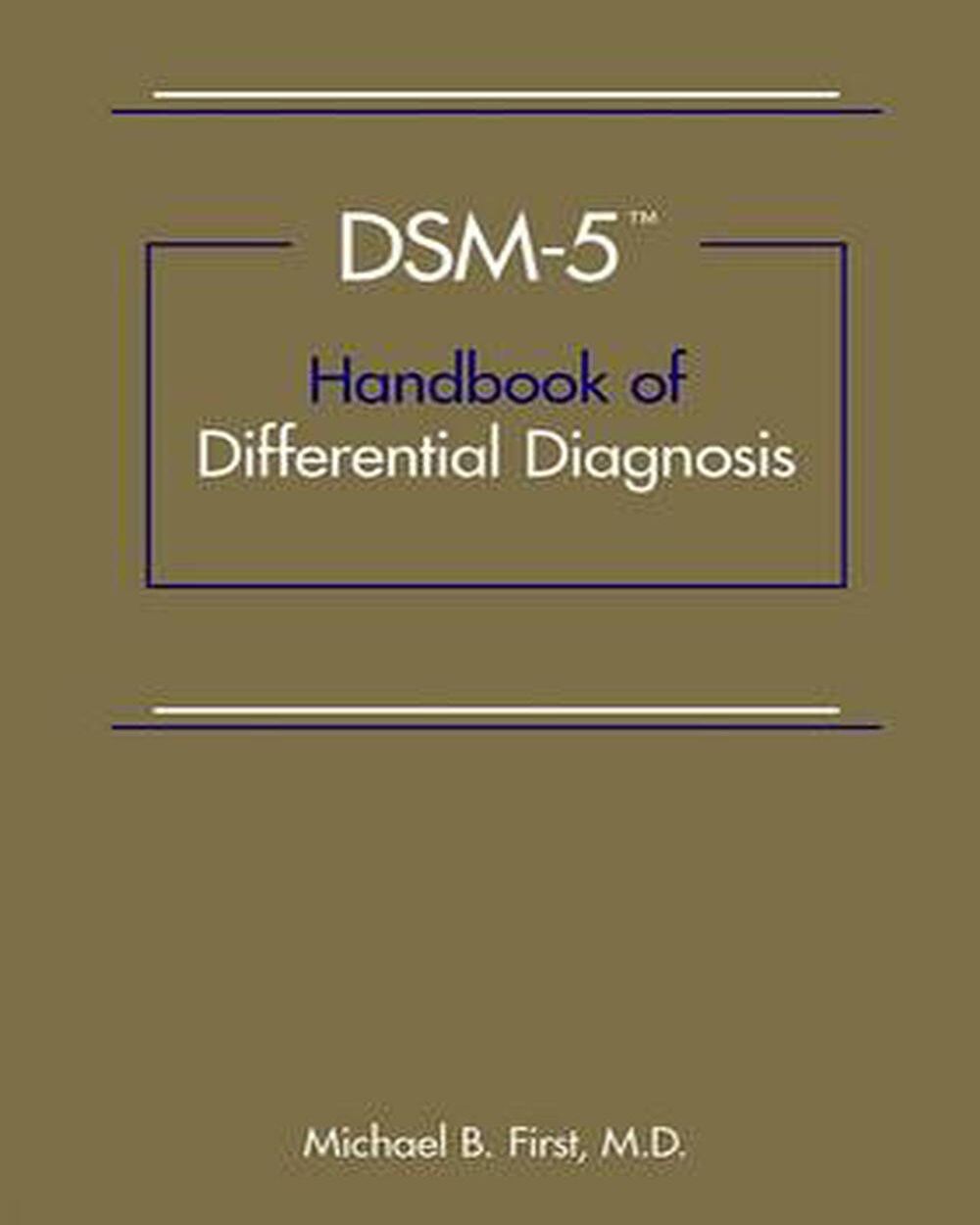Diagnosing patients requires the ability to elicit information from the patient, identify symptoms and recognize patterns, determine possible causes, and then make an accurate diagnosis. Experienced mental health clinicians recognize that differential diagnosis is an art, as well as a science, and welcome tools to assist them. The DSM-5[trademark] Handbook of Differential Diagnosis helps clinicians and students learning the process of psychiatric diagnosis improve their skill in formulating a comprehensive differential diagnosis by providing a variety of approaches, including a six-step diagnostic framework, 29 bottom-up “decision trees,” and 66 differential diagnosis tables for use once a tentative diagnosis has been made. The handbook includes the DSM-5[trademark] classification to facilitate coding and to provide an overview of all of the DSM-5[trademark] diagnoses that must be considered in formulating a differential diagnosis. DSM-5[trademark] Handbook of Differential Diagnosis offers a solution to differential diagnosis that recognizes the complexity of human personality and the structural utility of the DSM-5[trademark] classification. Clinicians and students learning psychiatric diagnosis faced with this most crucial task will find this handbook of enormous benefit.
Sale!
DSM-5TM Handbook of Differential Diagnosis
Original price was: $89.99.$29.99Current price is: $29.99.




